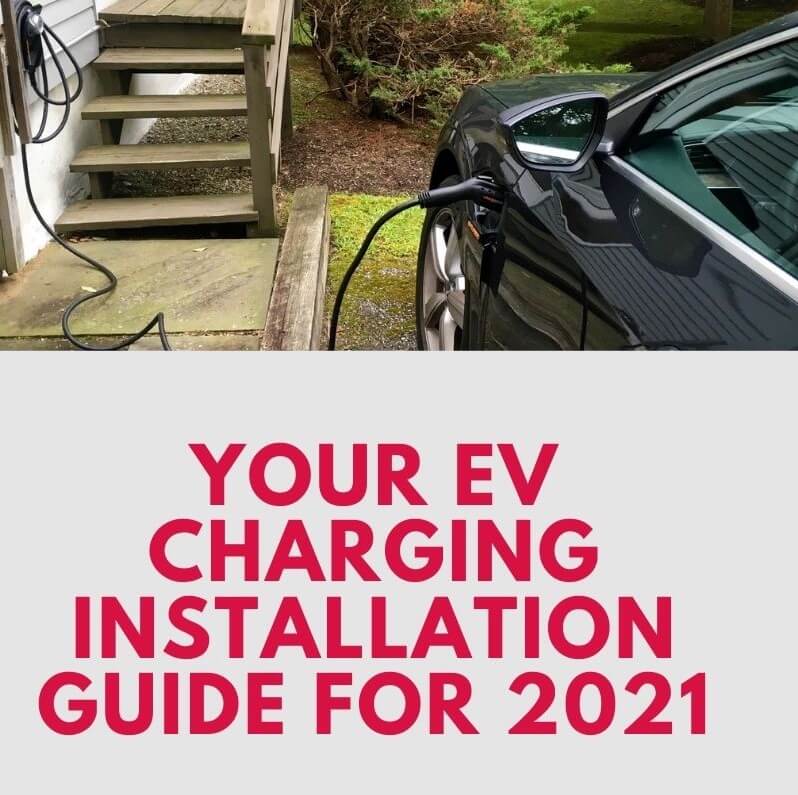In recent years, electric vehicles have gained popularity as people have become more environmentally conscious and interested in reducing their carbon footprint. With more electric cars on the road, the need for EV charger installation in homes has become increasingly important. However, finding the right charger for your specific needs may seem daunting. In this blog post, we will explore the different considerations when it comes to EV charger installation, specifically a 30amp EV charger.

To start, it's important to understand that there are two types of EV charging stations: Level 1 and Level 2. Level 1 chargers are the slowest form of charging and use a standard household outlet, taking up to 24 hours to fully charge an electric vehicle. Level 2 chargers are faster, generally taking 4-8 hours to fully charge an electric vehicle, and require a dedicated circuit installed by a professional electrician.
When considering EV charger installation, it is important to understand your home's electrical system. Installing a Level 2 charger typically requires a 240V circuit to be installed, which may require upgrades to your home's electrical system. An electrician should be consulted to ensure that your home can handle the electrical load for a Level 2 charger before installation.
Next, consider your specific needs when it comes to charging your electric vehicle. If you have a long commute or make frequent long-distance trips, a Level 2 charger with a higher amperage may be necessary. A 30amp EV charger is a popular choice as it provides a faster charge while still being affordable and compatible with most electric vehicles. However, if you only need to charge your electric vehicle overnight, a Level 1 charger may be sufficient.
Another consideration is your neighbourhood's ability to deliver power. If you live in an area with an older electrical grid, it may not be able to handle the additional demand of electric vehicle charging. In this case, it may be necessary to work with your local utility company to upgrade the electrical grid in your area.
Finally, consider smart charging capabilities when selecting an EV charger. Smart charging allows you to schedule charging times, so your electric vehicle can charge during off-peak hours when electricity rates are lower. Some smart chargers can also communicate with your electric vehicle to optimize charging based on battery level and other factors.
In conclusion, EV charger installation is a combination of your specific needs, your home's electrical system, your neighborhood's electrical grid and the ability to deliver power, and smart charging capabilities. A 30amp EV charger is a popular choice for those needing a faster charge, but it's important to consult with a professional electrician to ensure that your home can handle the electrical load. By considering these factors, you can select an EV charger that meets your needs for electric car charging and home charging station installation.